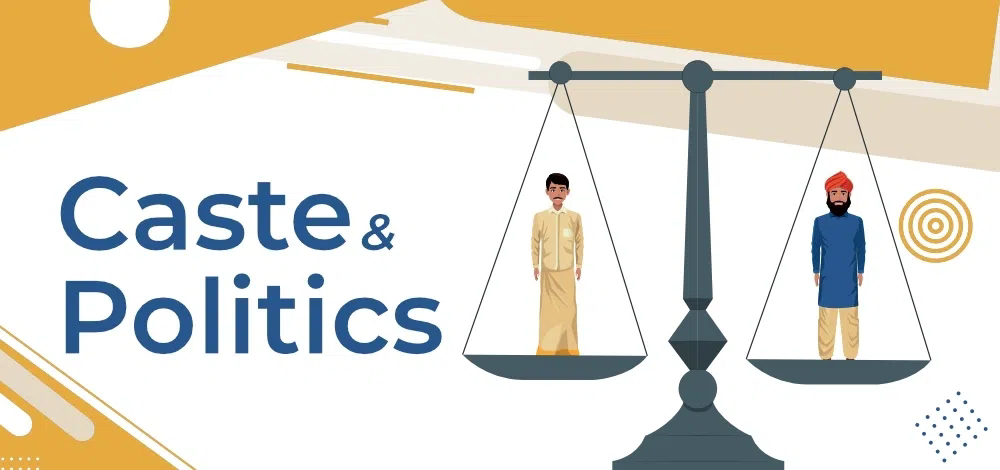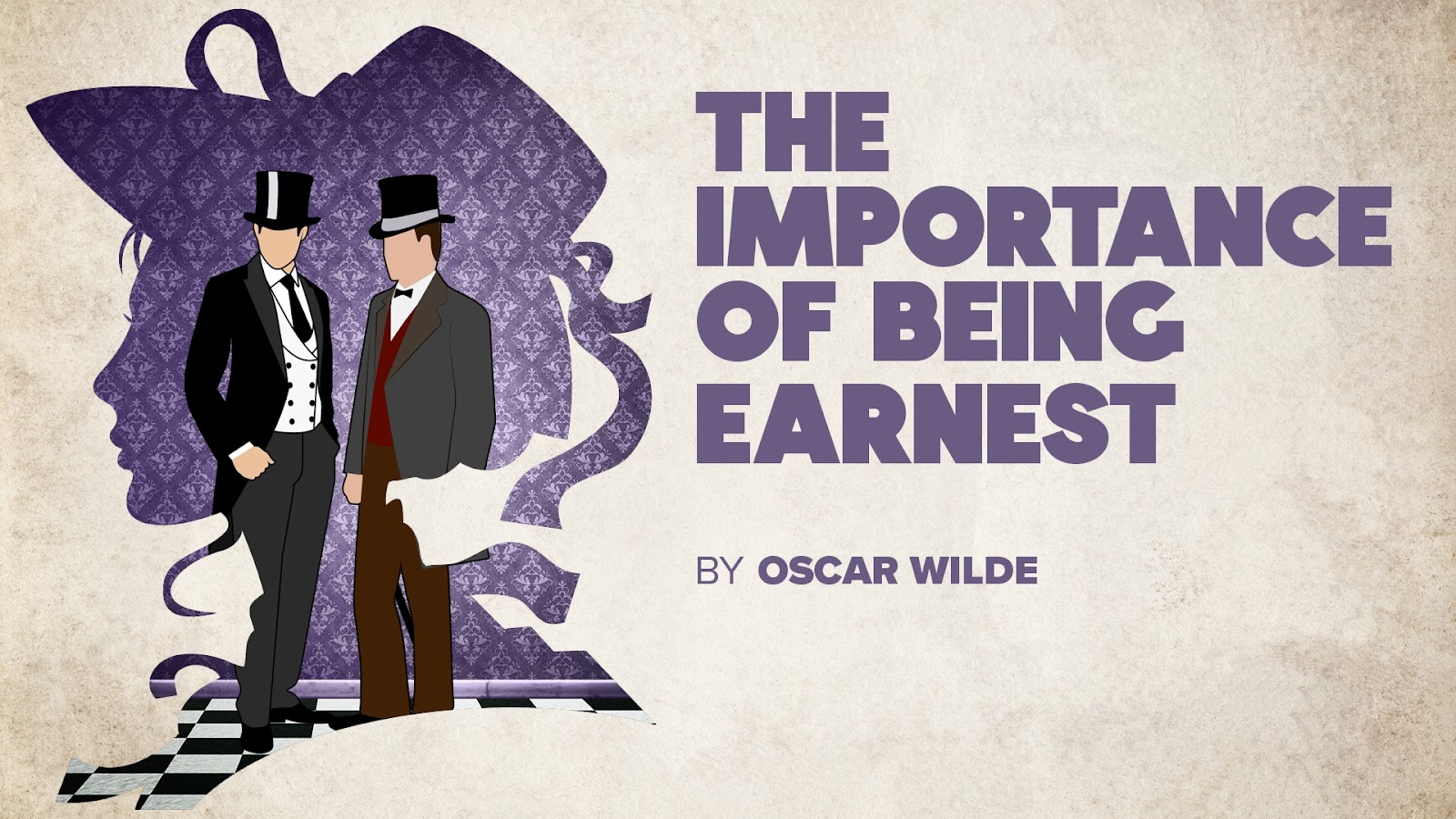Hello friends...
This blog is about Sunday reading activity.
what is post truth?
"Post-truth" is a concept that describes a situation in which emotional or personal beliefs have a greater influence on people's opinions and decisions than objective facts and evidence.In a post-truth environment, facts can be less important than the emotional or ideological appeal of a message, often leading to the spread of misinformation and the erosion of trust in institutions and experts.
Click here for more information.
The term "post-truth era" refers to a period in which emotional or personal beliefs have more influence on public opinion than objective fact.With the advent of social media and the internet, false information can spread rapidly, making it challenging to distinguish fact from fiction.Politicians and media often use emotional appeals and sensationalism to sway public opinion, sometimes at the expense of truth and accuracy.The post-truth era can lead to increased polarization as people gravitate toward information that confirms their preexisting beliefs, rather than seeking out objective information.This era can have significant consequences for democracy, public discourse, and decision-making, as it can undermine trust in institutions and the media.
It doesn't mean truth no longer exists, but rather that emotional appeals and personal beliefs sometimes hold more sway in public discourse and decision-making than Objectives facts.
Example of post truth era :
Here are a few examples...
In India, as in many other places, the post-truth era has seen instances where emotions and narratives often overshadow objective facts. Here are some examples:
1. WhatsApp Rumors: The spread of false information through WhatsApp is a significant issue in India. For instance, viral messages claiming that eating certain foods or using specific remedies can cure diseases without scientific basis.
2. Political Promises: During election campaigns, politicians often make grand promises that may not be feasible or based on realistic budgeting. These promises can sway voters based on emotions rather than a thorough evaluation of their feasibility.
3. Religious and Cultural Narratives: Issues related to religion and culture in India can be emotionally charged. Sometimes, narratives are promoted that exaggerate or misrepresent historical events to serve particular agendas.
4. Caste-Based Politics: In some cases, political parties may exploit caste identities and grievances to garner support, even if their policies or actions don't effectively address the underlying issues.
5. Selective Reporting in Media: Some media outlets in India have been accused of selective reporting, focusing on stories that align with a particular narrative or ideology while downplaying or ignoring others.
6. Social Media Manipulation: The use of social media bots, fake accounts, and coordinated disinformation campaigns to promote certain political or social agendas, often without regard for facts.
These examples highlight how the post-truth era has influenced various aspects of Indian society, from politics to public health, where emotions and narratives can sometimes take precedence over objective facts and evidence.












No comments:
Post a Comment